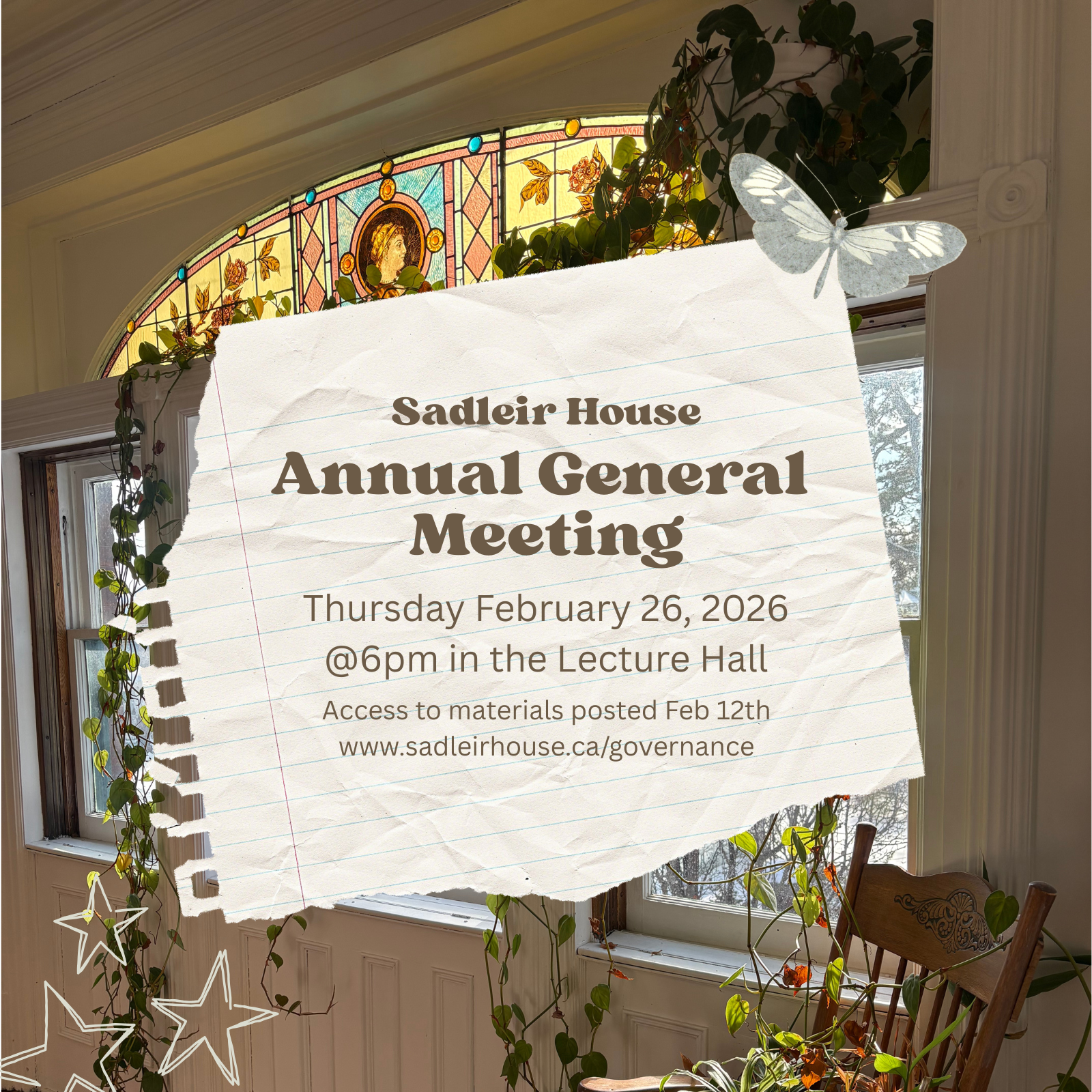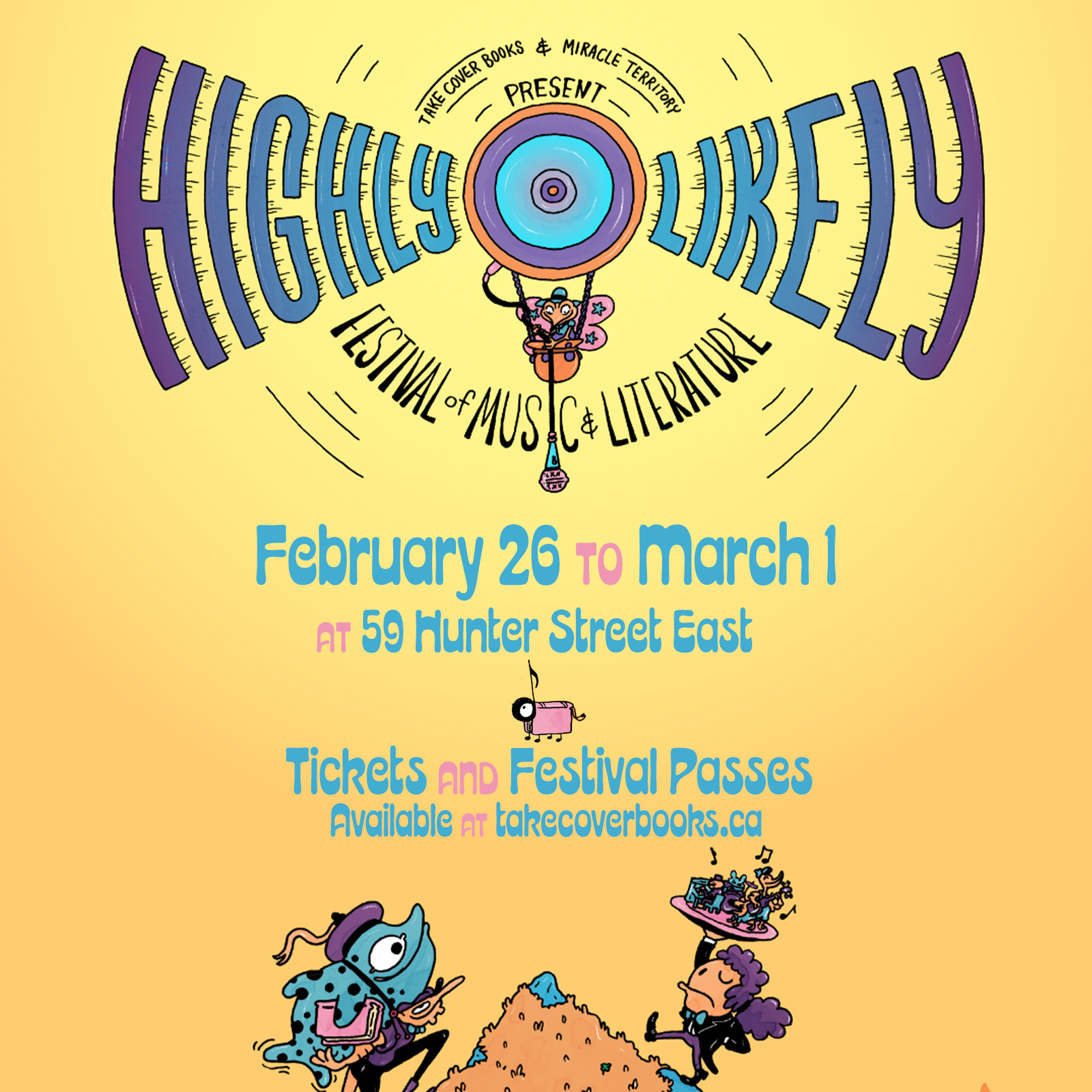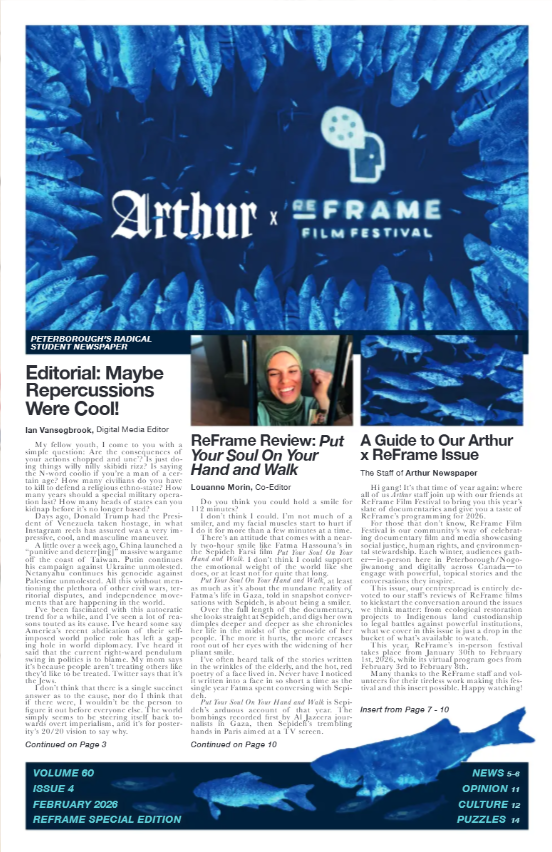If we want to change the world, we study successful changes. If we are students and we want to fight for an education system that serves people as opposed to profit, we look to where this fight is also happening and model our work from theirs. An example for us is in Quebec. This isn’t to say things in Quebec are perfect, far from it. Like the rest of Canada, much of the teaching material still glorifies colonization. Tuition is not free and class sizes are getting bigger as those that work in schools- be they teachers, cooks, or cleaners, earn less and less. But, what they do have-which we lack- is a vibrant fighting student movement. The Maple Spring of 2012 saw a government taken to its knees, mobilizing hundreds of thousands and shaking the very core of capitalist society. During the 2015 Red Spring the Montreal section of Revolutionary Student Movement (MER-RSM) organized a night demonstration with over 10,000 in attendance. The result of this is lower tuition and a higher number of proletarian (working class) students than elsewhere in Canada.
So what differs between the student movement in Quebec and the rest of Canada? One key difference are their General Assemblies, which share several characteristics:
- They are the highest decision making body of the student union. No other elected group can overturn their decisions.
- They are open to all students. Each student gets a single vote.
- Any member can put forward a motion from the floor and have it voted on and discussed by members.
- They occur with regularity and can be called by popular vote in moments of crisis.
What this combination creates is a mass meeting where progressive politics can be considered and voted on. This has meant a culture of organizing where they don’t elect delegates to make suggestions to administrators and hope they will consult before major decisions. Students don’t feel alienated from power and think that no matter the candidate, business will continue as usual. Instead proletarian, oppressed, and progressive students fight for the education system they need. When the time comes they go out on the street to push back against the school, the government, and the capitalist system. General assemblies are a break from the sanitized version of politics we see in parliament and emulated by student unions in English Canada. Without a space where rank and file students can organize and put forward revolutionary, progressive positions we see the gradual reduction of politics to platitudes all the while as the administrators tighten their chokehold on the student body.
Revolutionary Student Movement Trent will use general assemblies as a way to bring forward motions to strike against increasing tuition, motions to combat the racism and bigotry so beloved of some campus groups, and to mobilize students against imperialism abroad and colonialism at home.
If we want to successfully build an education system which serves people and not profit and breaks from the lies about Canada’s “glorious” history, then let’s learn from success and use the best tools available to us. Let’s fight for a general assembly mechanism at Trent which can protect the interests of proletarian and other oppressed students. Come join RSM Trent, get involved, break the old capitalist education system, and build something better in its place.
In Struggle,
Ken Kollontai




.png)











.jpg)

.png)


.jpg)
.jpg)

.png)